10 Health Tips for Older People Living in Hull and East Riding
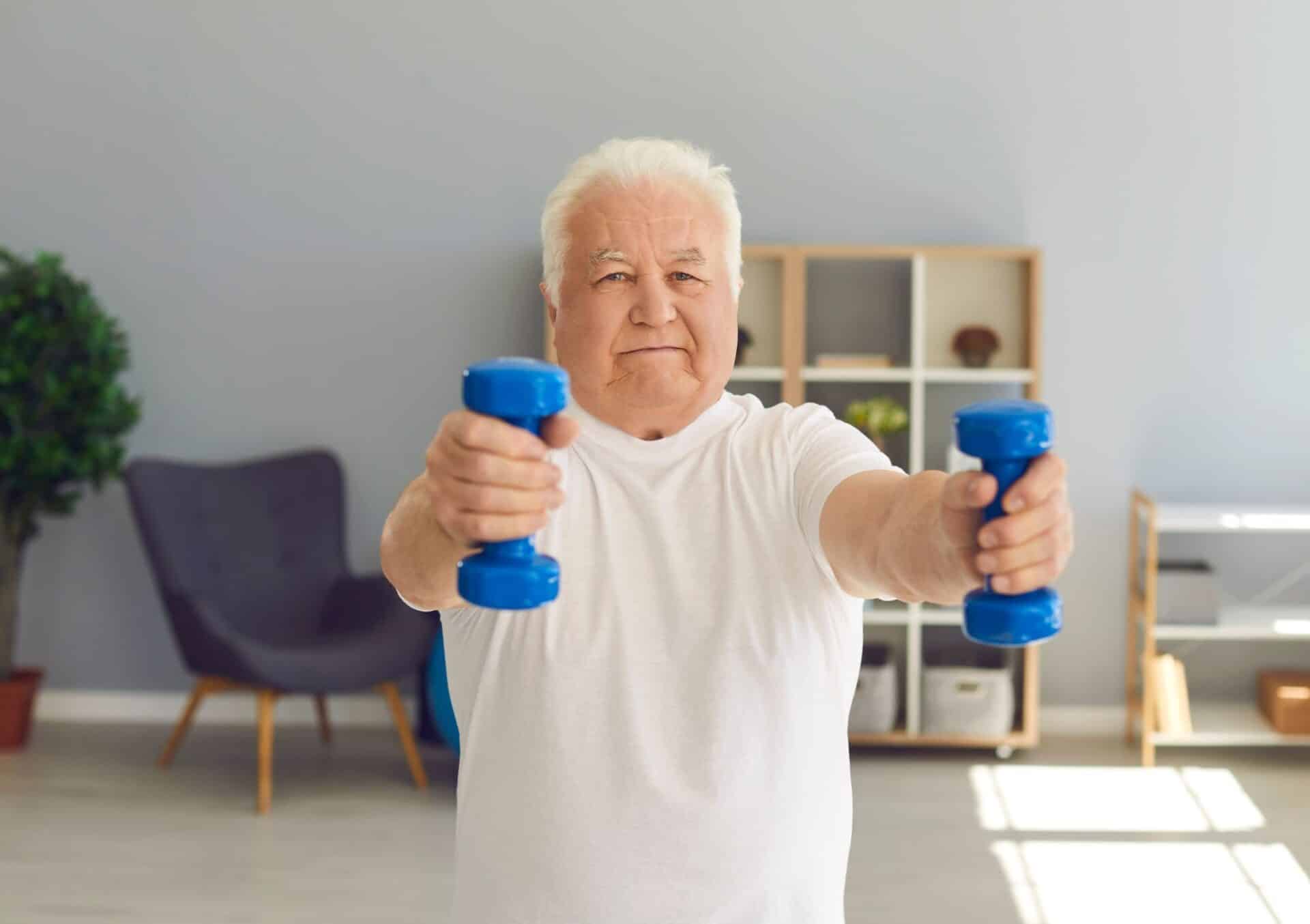
Maintaining good health is key to leading a happy and active life, especially as we age. With the right habits, anyone can improve their wellbeing. At Caremark Hull and East Riding, we understand the unique needs of our senior community. We’re committed to encouraging healthy aging. We believe that providing older people with resources and information helps them live independently and have a better quality of life. Here are our 10 health tips for older people living in Hull and East Riding.
1. Eat a balanced diet
How much fruit and vegetables should I be eating? A well-rounded diet is the foundation of good health. It’s recommended that you eat at least 5 portions of a variety of fruit and vegetables every day. Include a variety of colourful foods to get a broad range of nutrients. Along with that, make sure to include proteins, whole grains and limit processed foods that are high in sugar and salt. This is one of the most important tips of our 10 health tips for older people living in Hull & East Riding.
Eating healthy food doesn’t have to be expensive, there are many budget-friendly recipes available, such as on BBC Good Food. They offer nutritious, cheap and great flavour recipes, so why not check them out?
In addition, there are cooking classes available in East Hull and Holderness by The Fed Line Project, where they help people learn how to prepare cheap, easy and nutritious meals. They can also offer Zoom cookery sessions if you are not able to attend on-site.

2. Stay active
How much exercise should I do a week? The NHS advises that adults should aim for at least 150 minutes of moderate-intensity aerobic activity each week or 75 minutes of vigorous activity. This could be spread across the week with activities like walking, cycling or even swimming. Regular exercise improves heart health and boosts energy levels.
If you’re looking to get more active and you’re 66 or over, living in Hull, you can apply for the Love It fitness membership. It’s only £17 a month and you can cancel anytime if your circumstances change. You can enjoy swimming sessions, exciting fitness classes, as well as saunas.
Older people in East Riding looking to stay active can join the ‘Walking for Health‘ programme, which offers free guided walks for all ages and fitness levels. These friendly group walks range from 30 minutes to 2 hours and are a great way for older adults to improve their health and wellbeing. There are plenty of ways for older people to stay physically active and support their health, from walking and swimming to strength exercises. For more guidance on recommended activities, visit the NHS physical activity guidelines here.
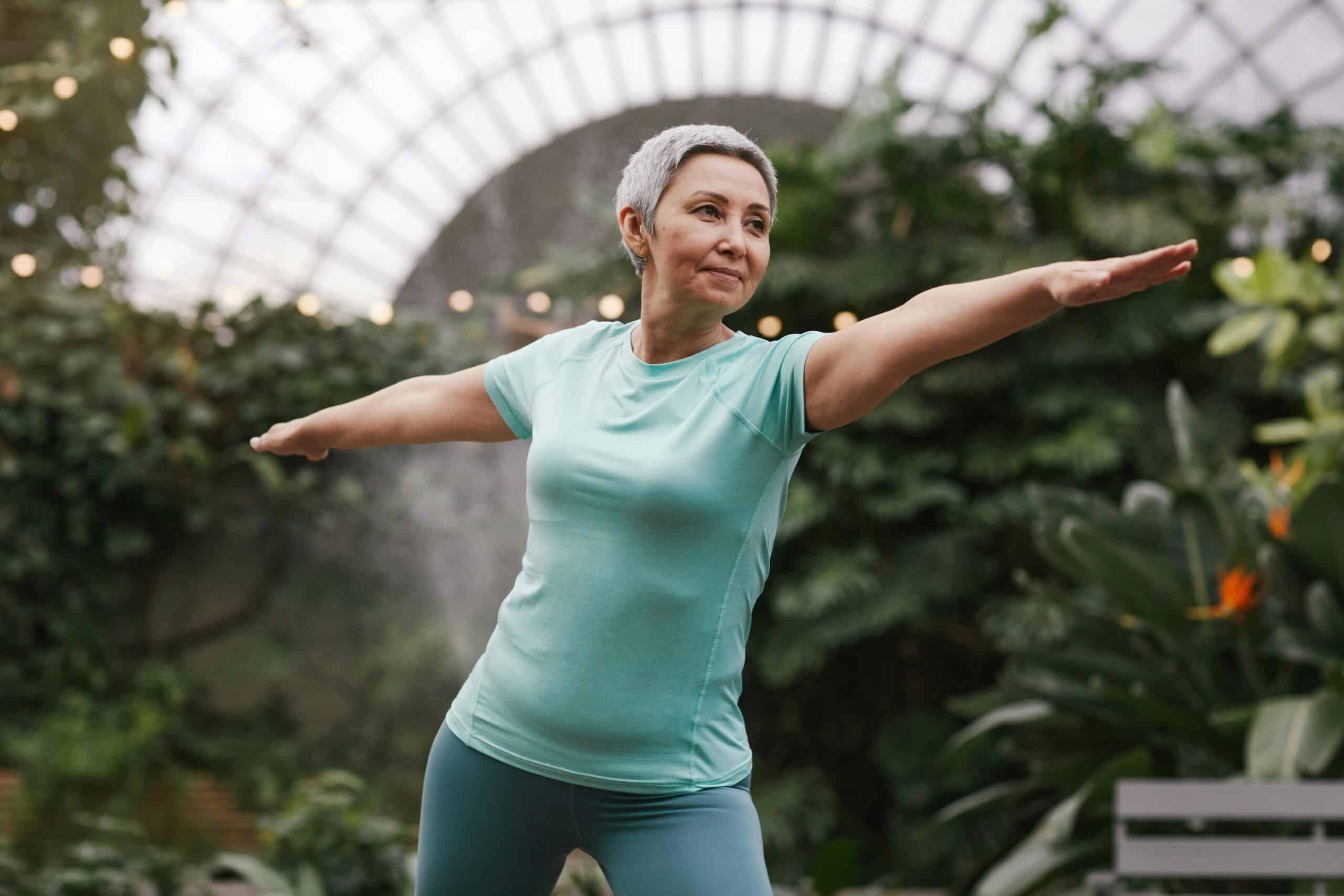
3. Stay hydrated
How much water should I be drinking every day? Staying hydrated is especially important as we get older. The NHS recommends that adults drink around six to eight glasses of fluid each day. While water is the best option, sugar-free teas, lower-fat milk and other drinks count too.
On warmer days or if you’re keeping active, you may need to drink a bit more. Dehydration can lead to tiredness, dizziness or headaches, so it’s important to keep sipping throughout the day. You can find more helpful information about staying hydrated here.

4. Get enough sleep
How many hours of sleep do I need? Getting enough restful sleep is just as important in our later years. Most adults should aim for 7 to 9 hours of sleep each night. Keeping a regular sleep schedule and creating a calming bedtime routine, like reading or listening to gentle music, can make it easier to drift off.
Try to avoid caffeine and large meals before bed, as they can make falling asleep more difficult. If you’re experiencing sleep issues or simply want to improve your sleep habits, there are some great resources available:
We can also offer you peace of mind at night with our night care. We understand that you may need that little bit of extra help at night. That’s why our compassionate Care Assistants are here to support you, ensuring you sleep well and stay comfortable in your own home.
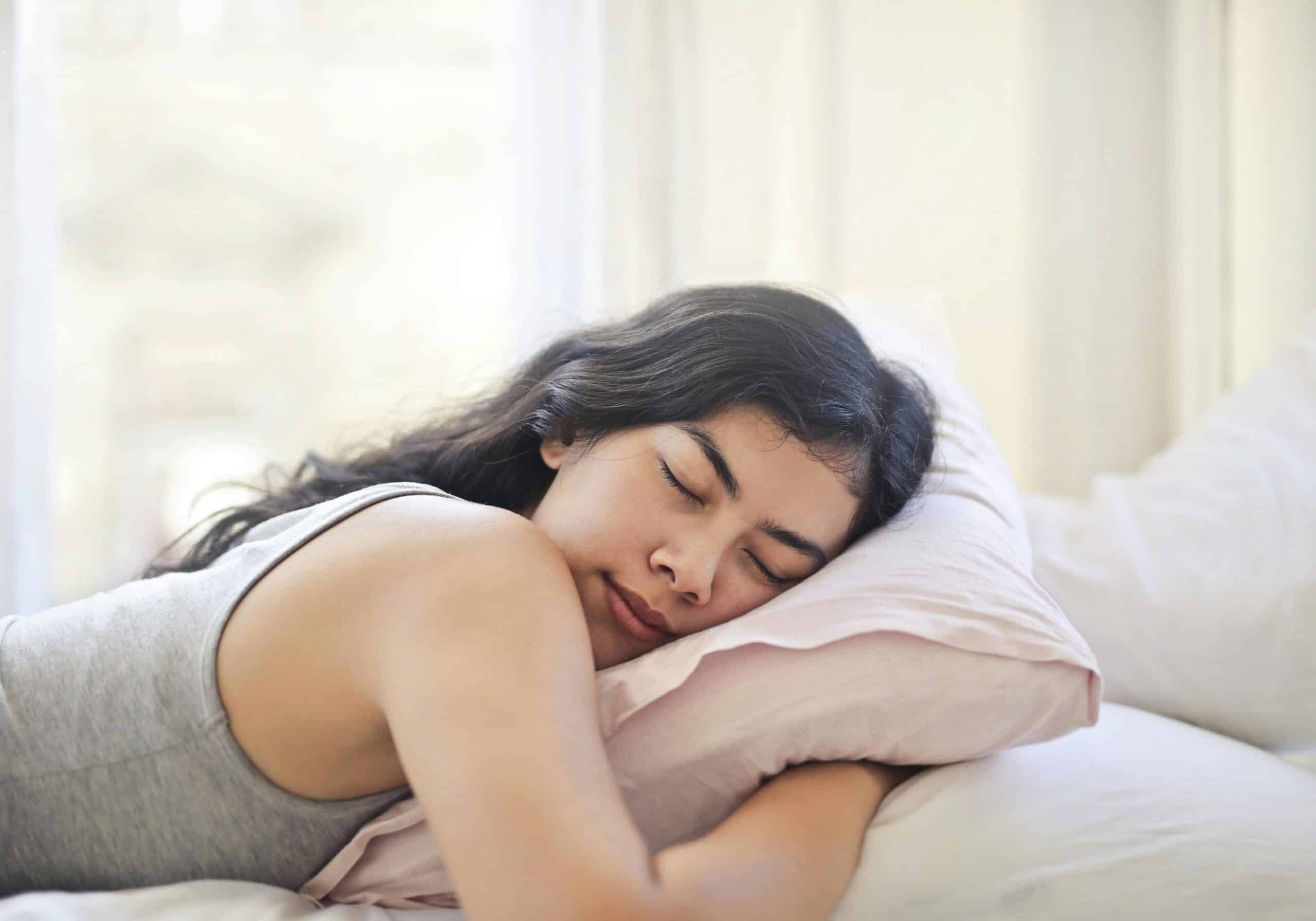
5. Manage stress
What are the best ways to cope with stress? Managing stress is important at any age, especially as we get older. Gentle exercise and mindfulness are all helpful ways to lower stress levels. Taking time for hobbies or spending time with friends and family can also make a big difference.
Ongoing stress can affect both your body and mind, so it’s important to find what works best for you. If you live in Hull or the East Riding, there are helpful resources available:

6. Maintain a healthy weight
How can I maintain a healthy weight? Keeping a healthy weight is key to feeling good as we enjoy our later years. It helps keep our hearts strong and reduces risks like type 2 diabetes. The NHS recommends balancing your food intake with physical activity to achieve and maintain a healthy weight.
Focus on making gradual changes rather than extreme dieting. A balanced approach is the best way to stay healthy.
If you live in the East Riding, you can find physical activities and groups in the area, such as walking football, yoga and even boxing! You can enjoy these activities whilst maintaining your weight.
If you live in Hull, you can find clubs and activities via the community directory, which can help support you physically.

7. Don’t smoke
Why should I quit smoking? Smoking is one of the leading causes of preventable health problems, including lung cancer and heart disease. The NHS provides plenty of support for those looking to quit, from medications to free counselling services. Quitting smoking at any age can improve your health and reduce your risk of serious illnesses.
You can learn more about the benefits of quitting smoking and the support available in Hull to help you quit.
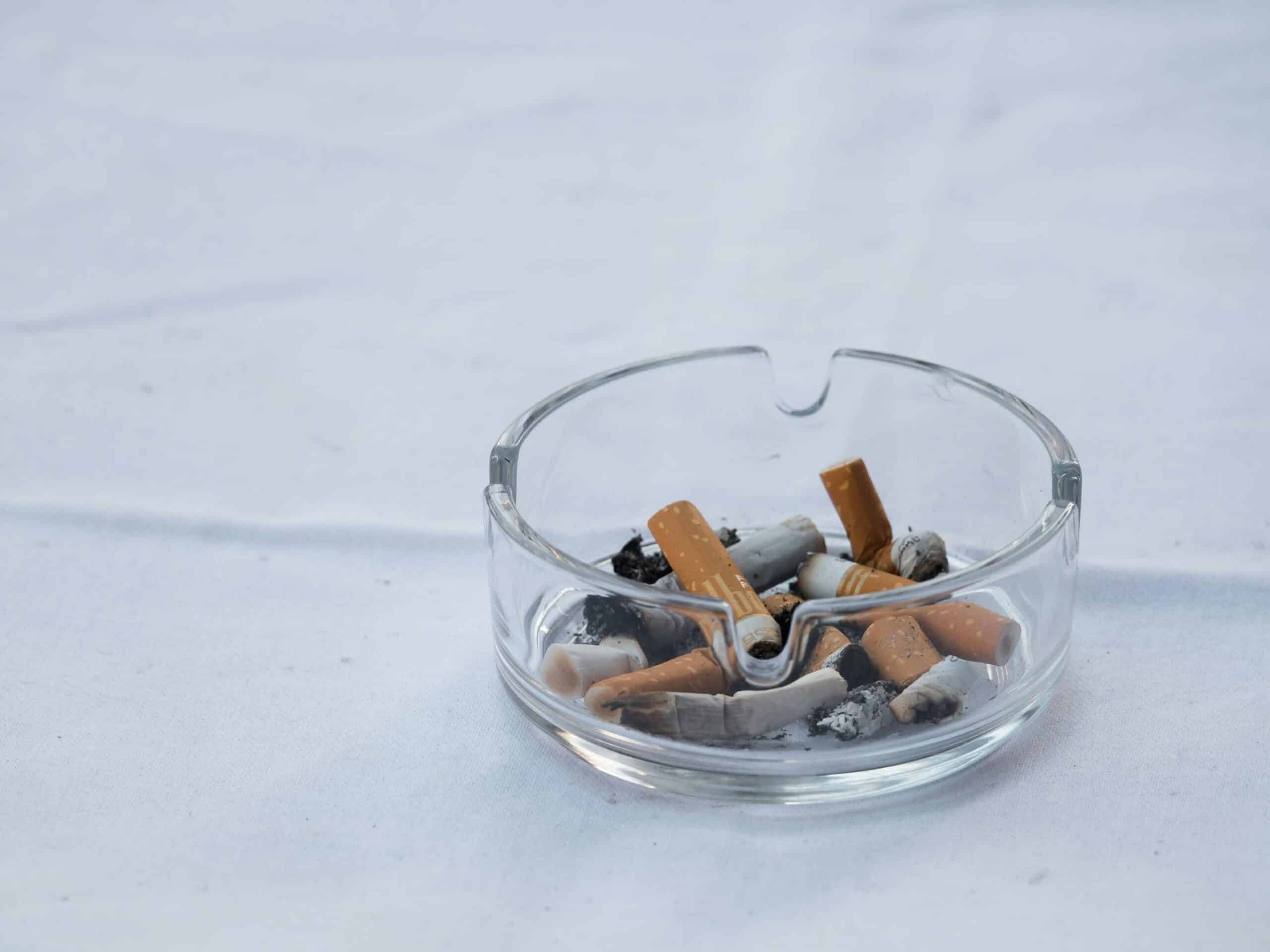
8. Limit alcohol consumption
How much alcohol is safe to drink? The NHS recommends not regularly drinking more than 14 units of alcohol per week. If you drink that much, spread it over three or more days and try to include alcohol-free days throughout the week. Excessive drinking can increase the risk of liver disease, high blood pressure and certain cancers. Consuming alcohol in moderation is key.
As we get older, our bodies change and it means we break down alcohol more slowly. For more advice on what this means for your health, click here.

9. Look after your mental health
How can I improve my mental health? Mental wellbeing is just as important as physical health. Stay connected with family and friends, take time to engage in activities that make you happy and don’t be afraid to seek professional help if needed.
Many older people may experience feelings of loneliness or isolation. especially during life changes or after losing regular social connections. These feelings are completely valid and can have an impact on mental health and wellbeing.
It’s important to know that you’re not alone and that there are supportive communities and services available to help you feel more connected. Whether it’s joining a local group, exercising or having a friendly chat, small steps can make a big difference. You can find many local groups with different activities in East Riding and Hull, such as choir, bowling or simply attending a lunch.
We can also help you with our compassionate companionship care. Whether that means simply being a friendly face to talk to or taking you out in the community to do your favourite activities.
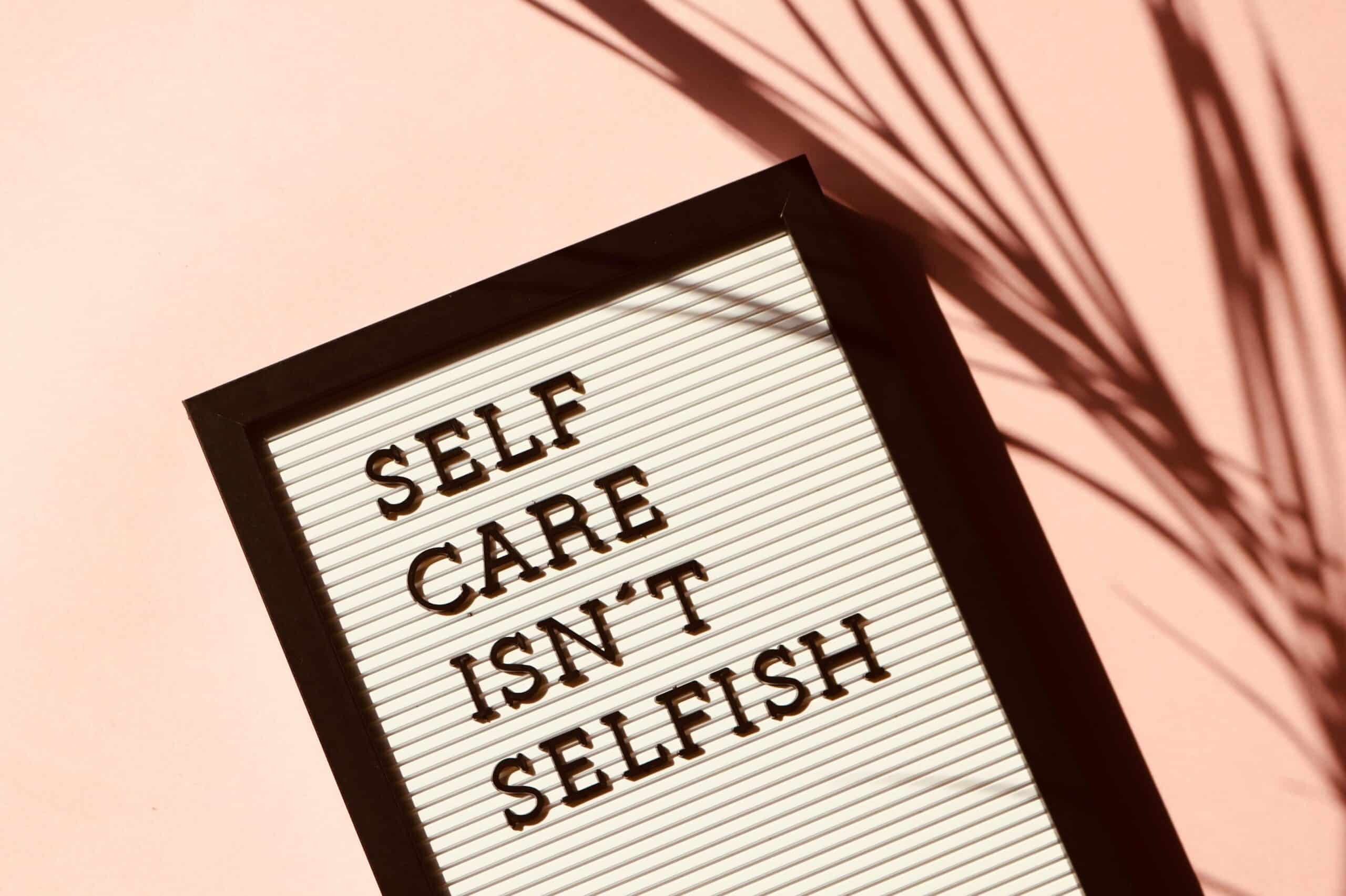
10. Stay up to date with health checks
How often should I have health checks? As we get older, regular health checks become even more important. They’re a way to stay on top of our wellbeing and catch any potential problems early, often before they cause symptoms. The NHS recommends routine checks for things like blood pressure, cholesterol and cancer screenings.
Keeping track of your health with your GP can help you stay proactive about your wellbeing and catch issues early before they become serious.
Contact your GP to enquire about your free health check or if you’re due for another one.
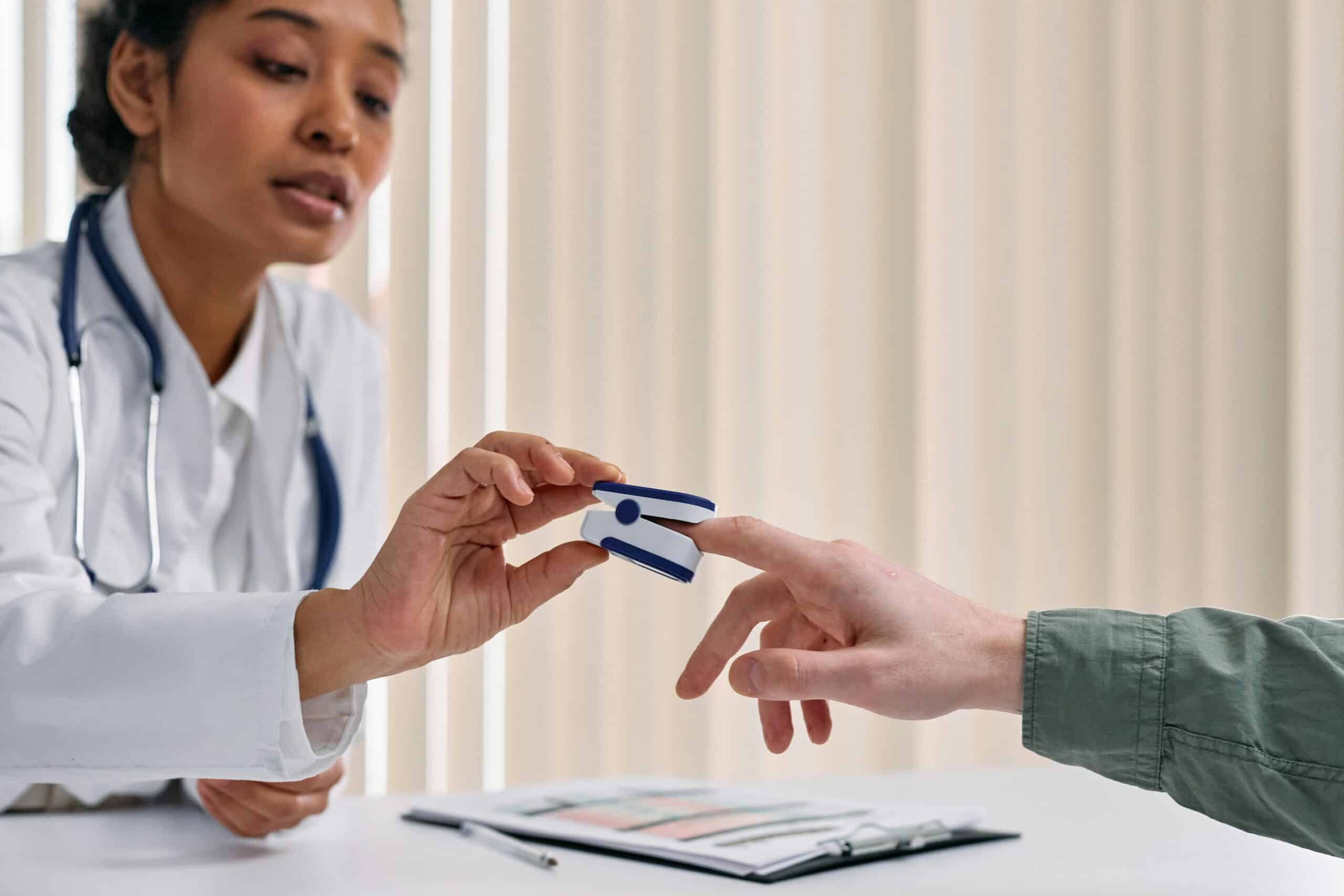
Conclusion
By following our 10 health tips for older people living in Hull and East Riding, you can help improve your health and wellbeing. Making small changes to your daily routine can have a huge impact on your life.
For more detailed advice, visit NHS – Live Well.
About Caremark Hull and East Riding
Caremark Hull and East Riding offers companionship care to support older people in staying active and healthy, alongside 10 health tips for older people living in Hull and East Riding. Our Care Assistants can accompany you to activities, promoting both physical and social wellbeing. Learn more about our care services and get in touch with our friendly team today for person-centred care!